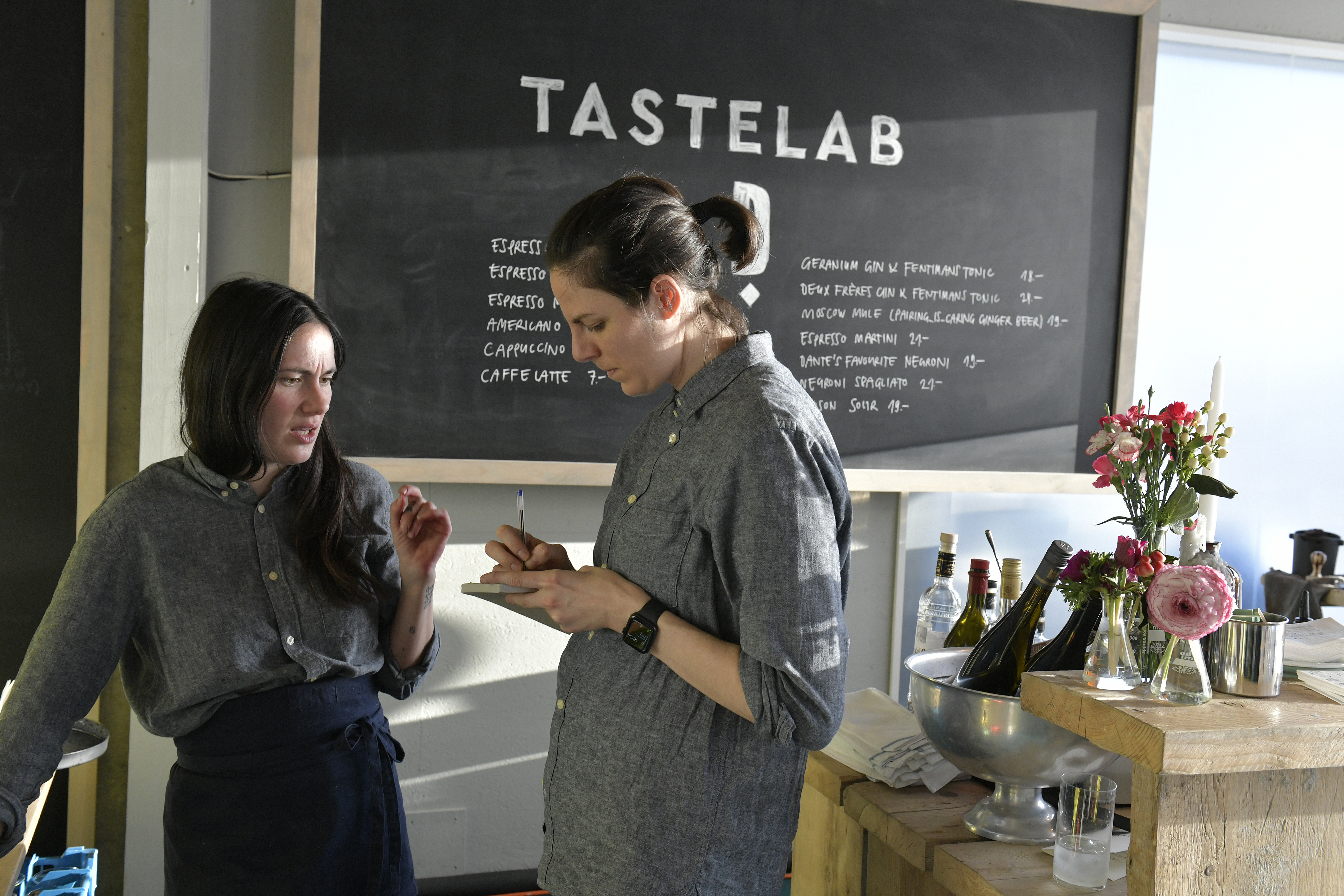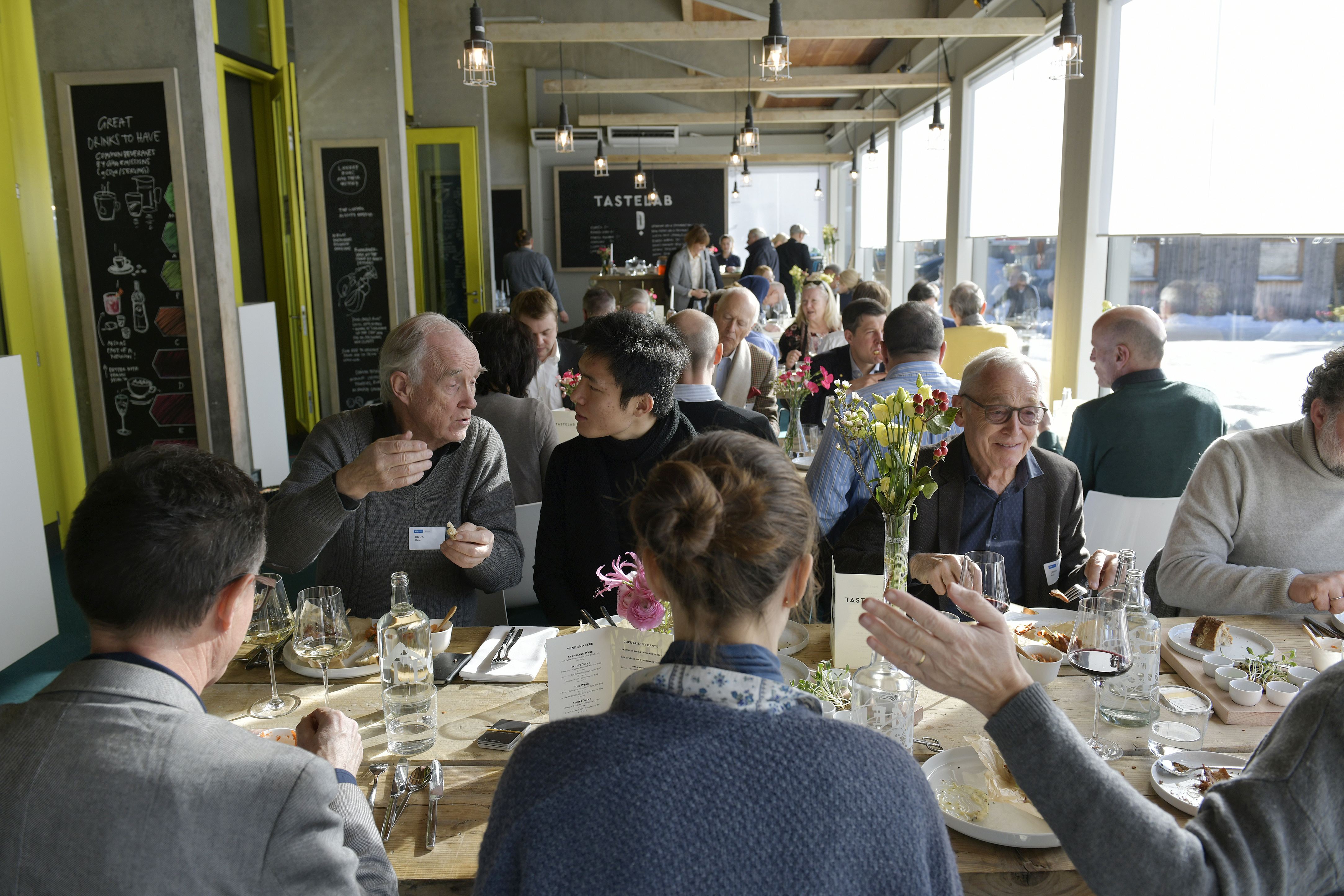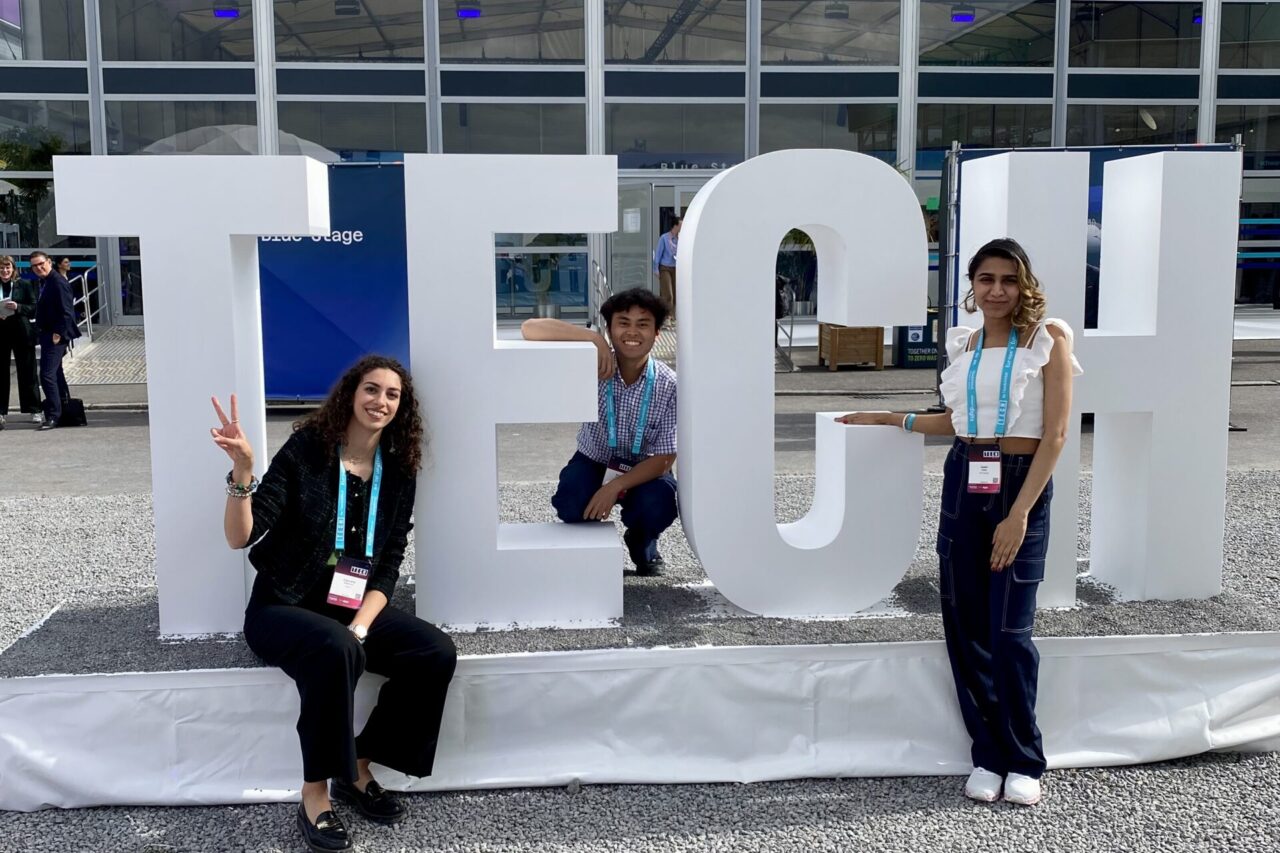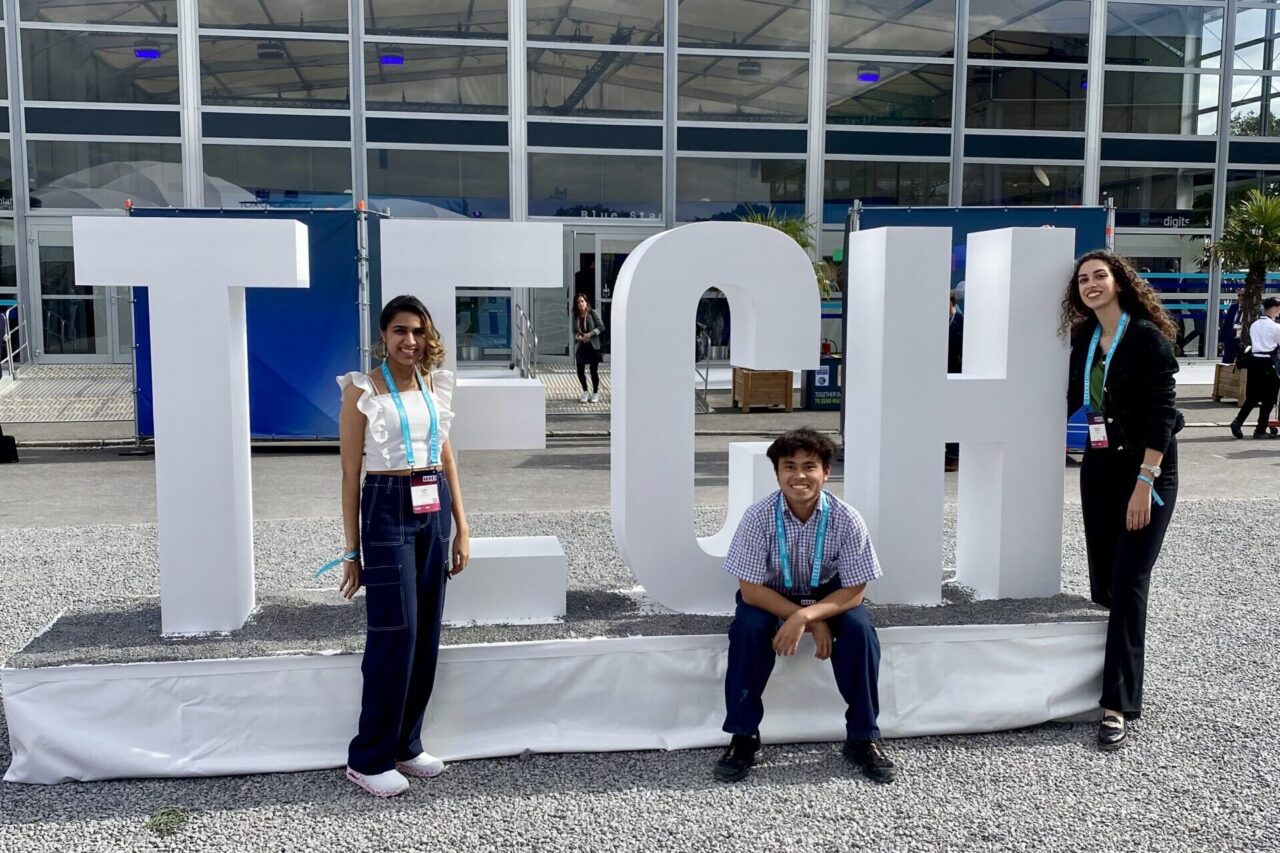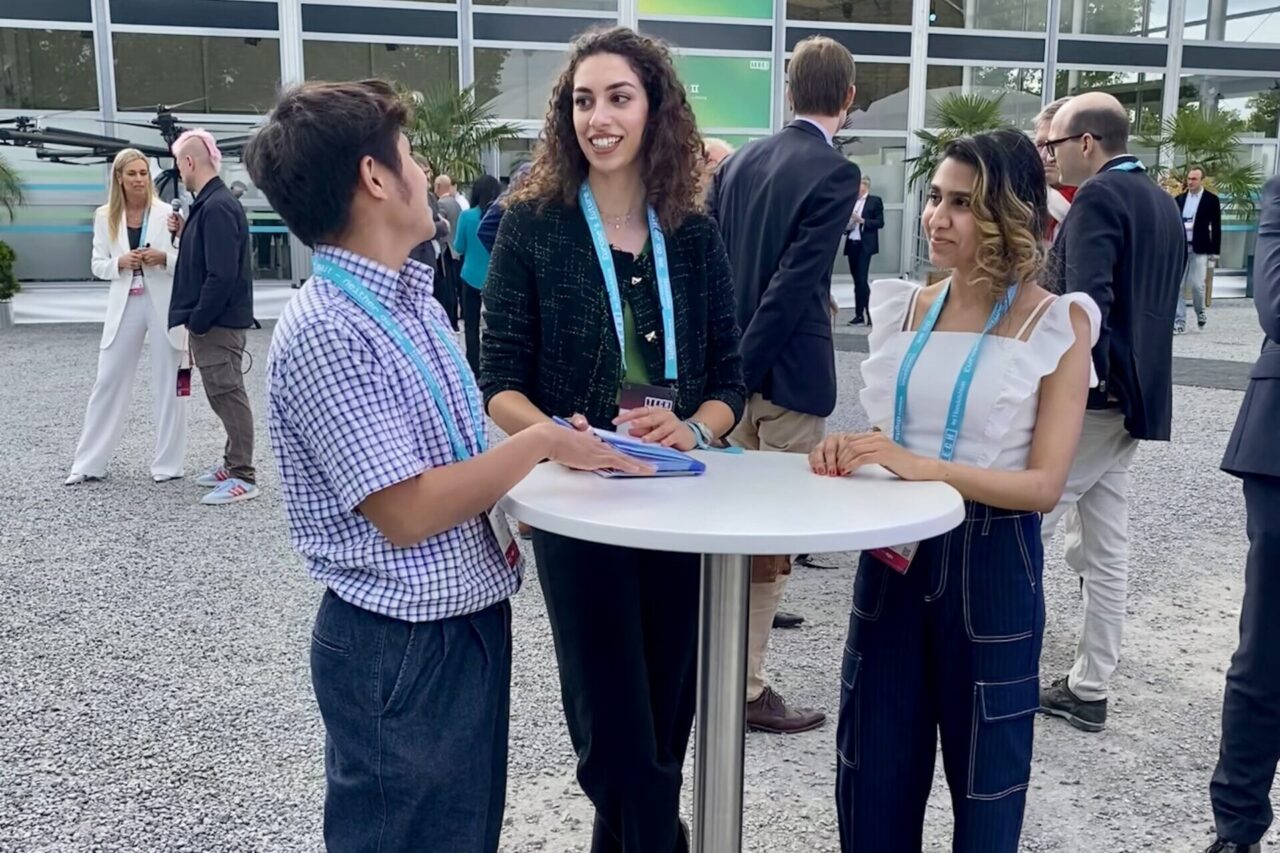Sue Tobler is a physicist. And chef. Her passion for science and gastronomy have launched a blockbuster chain of restaurants, Tastelab. Tastelab builds on the world of Planted, an ETH Spinoff that makes plant-based meat substitute out of pea protein, a brand of food that is good for your health, and the planet.
Sue’s brand, Tastelab, catered a completely plant-based menu for the ETH Zurich Pavilion in Davos. Here ETH Ambassadors interview her about her inspiration and insight.
Tobler: My whole life I've always been fascinated by two things: science and food. I studied physics and astrophysics, so I love science. And on the other hand, I love cooking and eating. For me, the TasteLab is a catering company that is the perfect combination of the two. I get to cook, eat and develop new dishes, but I also get to look behind the dishes and explore the science.
Sue’s brand, Tastelab, catered a completely plant-based menu for the ETH Zurich Pavilion in Davos. Here ETH Ambassadors interview her about her inspiration and insight.
Tobler: My whole life I've always been fascinated by two things: science and food. I studied physics and astrophysics, so I love science. And on the other hand, I love cooking and eating. For me, the TasteLab is a catering company that is the perfect combination of the two. I get to cook, eat and develop new dishes, but I also get to look behind the dishes and explore the science.


